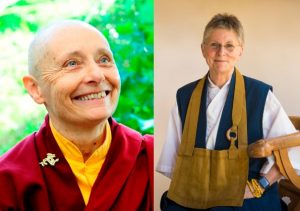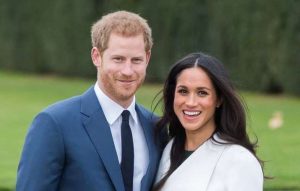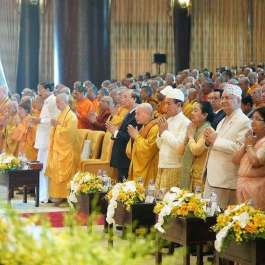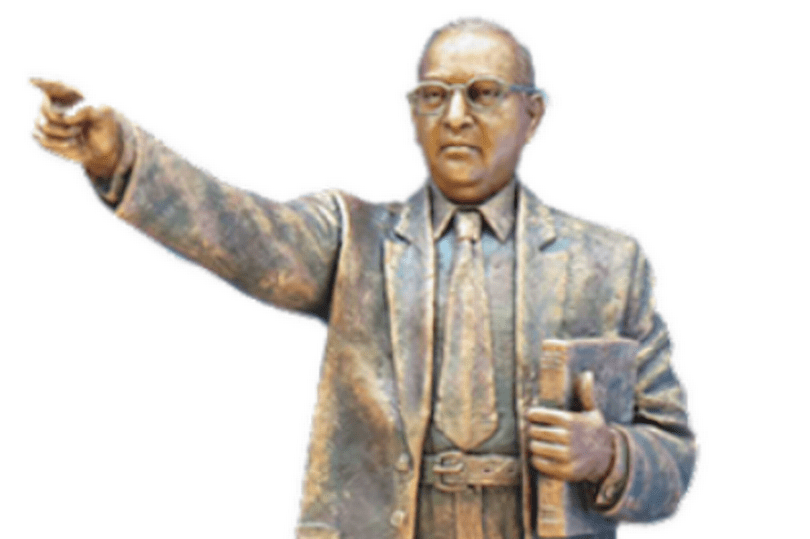
From birminghammail.co.uk
Wolverhampton Buddhist Temple, located some 30 kilometers northwest of Birmingham, England, has submitted plans for an updated statue depicting Dr. B. R. Ambedkar (1891–1956). The existing statue of the Indian politician and social reformer was first unveiled at the temple in October 2000.
The unveiling ceremony for the original statue featured then-mayor Tersaim Singh. Te sculpture shows Ambedkar standing with arm outstretched, holding a copy of his book Buddha and his Dhamma (Siddhartha College Publications 1957). A petition to display the updated statue, which shows Ambedkar with his right arm extended, was made on behalf of the local Buddhist community.
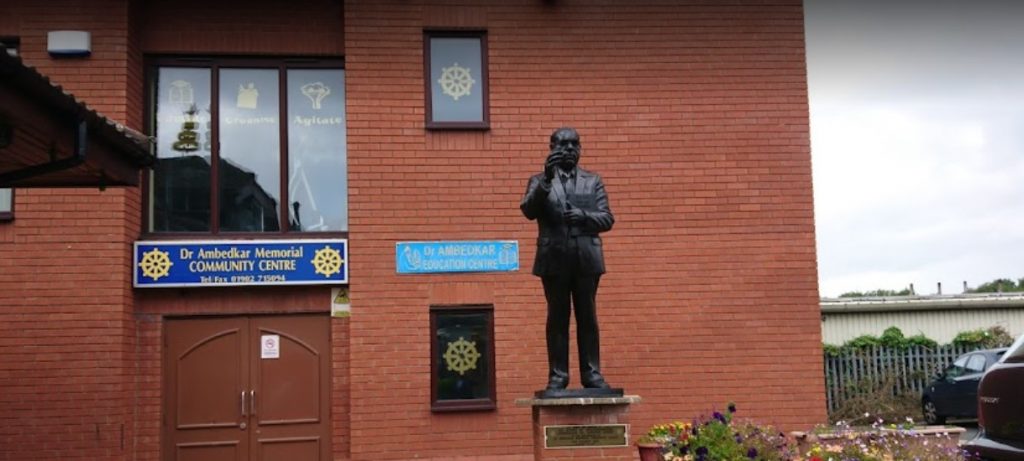
The announcement of the new statue came just weeks after the 14 April celebration of the 131st Ambedkar Jayanti, or commemoration of Ambedkar’s birth. If approved, the statue will be installed at the earliest opportunity.
Wolverhampton Buddha Vihara was opened in 1991 by members of the Dr. Ambedkar Memorial Committee, a local group formed in the 1960s. The group originally came together as fellow Punjabi Indian migrants who had faced discrimination from higher caste Indians. The group knew of Ambedkar’s work in India and vowed to continue his mission to uplift people and create social equality. In 1976, the committee converted a house in Wolverhampton into a Buddhist temple and meditation center.
After moving to their current location in 1991, the committee went on to add a community center and museum named for Dr Ambedkar in 2000. The museum holds a number of items that once belonged to Ambedkar. Additionally, members of the committee opened a Dr. Ambedkar Buddhist Resource Center in Punjab to host resources on Ambedkar for practitioners and researchers.
Wolverhampton Buddhist Vihar hosted the Thai monk Venerable Maha Somboon until his death in October 2019.
Dr. Ambedkar was an intellectual and legal giant in India as it gained independence from British rule in 1947. He converted to Buddhism on 14 October 1956 after years of research into religion and social philosophy. Along with him, some 500,000 fellow Dalits took refuge in the Buddhadharma. Ambedkar died a few months later but left behind a number of influential texts and speeches that have inspired a Dalit movement that continues to this day.
Ambedkar’s work to uplift the oppressed classes in India, both socially and politically, have also inspired scholars and activists around the world. Local and provincial governments around the world have begun celebrating 14 April as the Dr. B. R. Ambedkar Day of Equality/Equity. Among those to have begun this tradition are the cities of Burnaby and Surrey in Canada, and the US states of Colorado, Maryland, and Michigan.
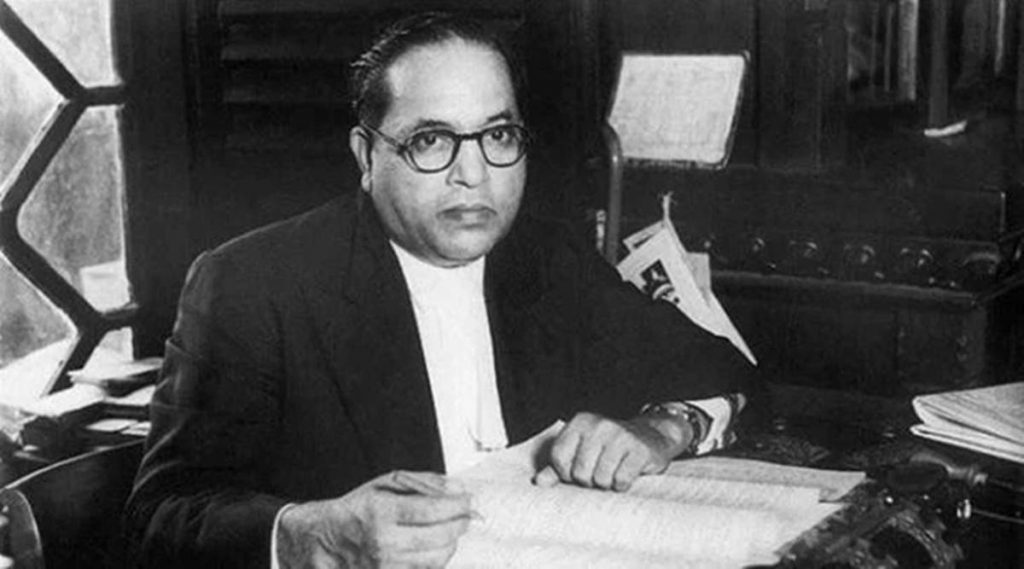
Ambedkar saw that the greatest hindrance we face is the delusion of self:
There are two forces prevalent in Society: Individualism and Fraternity. Every individual is ever asking ‘I and my neighbours, are we all brothers, are we even fiftieth cousins, am I their keeper, why should I do right to them?’ Fraternity is a force of opposite character. It consists in a sentiment which leads an individual to identify himself with the good of others whereby the good of others becomes to him a thing naturally and necessarily to be attended to, like any of the physical conditions of our existence.
(The Indian Express)
See more
New statue plan for Wolverhampton Buddhist temple (BBC)
New statue plan for Buddhist temple in Wolverhampton (Birmingham Live)
Ambedkar and his dhamma (The Indian Express)
Related news reports from BDG
Buddhist Monastery in England Plans Expansion
American-born Indian Scholar of Ambedkarite Buddhism and Gender Equality Gail Omvedt Dies Aged 80
Marking the 125th Birth Anniversary of Ven. Ananda Maitreya in England
Organizations Appeal for Help for Ambedkarite Buddhists as India Faces Second COVID-19 Wave
236 Dalits Convert to Buddhism on Anniversary of B. R. Ambedkar’s 1956 Conversion
Police in England and Wales Take Up Buddhist-inspired Meditation
Anniversary of B. R. Ambedkar’s Death Prompts Marches and Reflection
India’s PM Modi Inaugurates Dr. Ambedkar National Memorial in New Delhi










